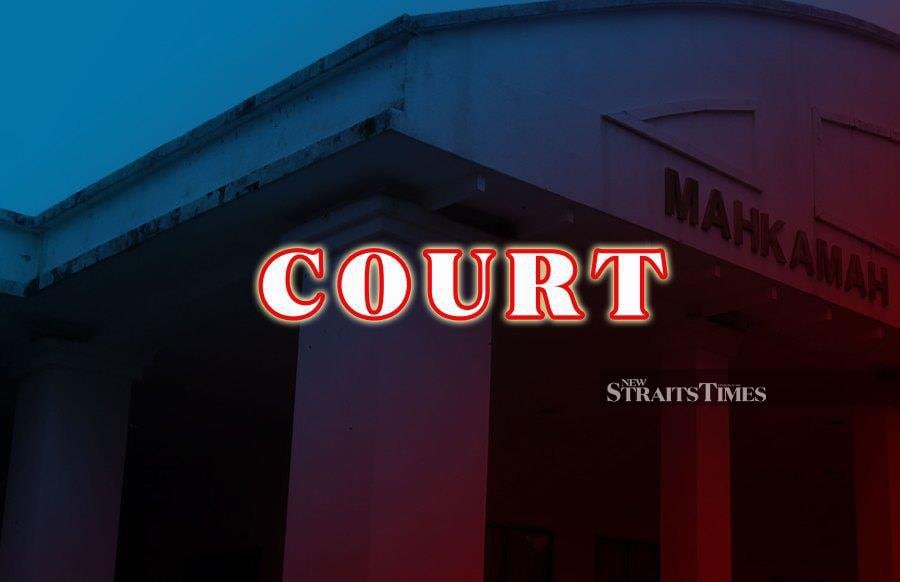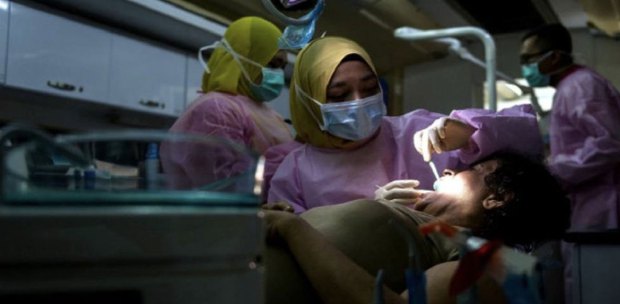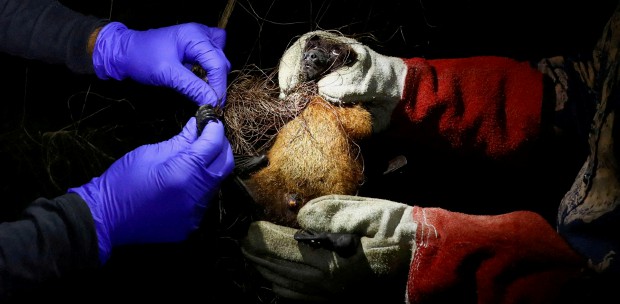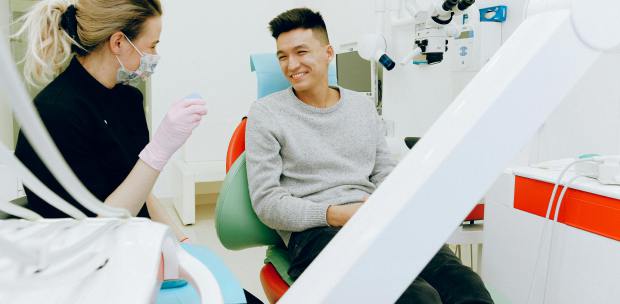PUTRAJAYA: In 2018, 83-year-old Manjit Kaur experienced a toothache and decided to visit Lagenda dental clinic near Seremban with her daughter.
During an intraoral examination, the dentist Dr N. Nagasparan recommended the extraction of one of Manjit's molars, a suggestion to which she agreed.
Dr Nagasparan administered a local anaesthetic known as lignocaine into Manjit's gums near the tooth to be extracted.
The doctor, with over 31 years of practice, also prescribed antibiotic tablets (amoxicillin and flagyl) and paracetamol for her to swallow.
The incident occurred when Manjit suddenly experienced difficulty breathing after taking those pills, leading Dr Nagasparan to perform the Heimlich manoeuvre on her.
Dr Nagasparan called the nearby hospital for an ambulance but was told that none was available. Meanwhile, Manjit and her daughter were on their way out of the clinic as the doctor spoke on the phone.
The duo went to the hospital ferried by a good Samaritan before Manjit suffered a cardiac arrest upon arrival at the emergency department.
Manjit was successfully resuscitated but suffered brain damage and a post-cardiac arrest secondary to an anaphylactic shock. She has since remained bedridden and dependent on others for sustenance.
Manjit filed a lawsuit against Nagasparan for negligence at the Seremban High Court but lost, prompting her to file an appeal at the Court of Appeal.
A three-member bench appellate court led by judge Datuk Hashim Hamzah in a split 2-1 decision affirmed the lower court's ruling last month.
Other members of the bench were judges Mohamed Zaini Mazlan and Datuk Wong Kian Kheong.
Mazlan, when reading the majority judgement, said the issue of whether the medication given to the appellant (Manjit) was the cause of her misfortune was not canvassed at this appeal.
"To make a case of negligence, it is vital to prove that the respondent's negligence caused the injury and that there must be link between the injury and the negligence act.
"However, it had been factually established that the appellant was not allergic to any of the medications administered or consumed.
"The appellant's learned counsel's main focus in this appeal is what transpired after the respondent had done the Heimlich manoeuvre on the appellant," he said.
He said the appellant argued that the respondent was negligent in not properly attending to the appellant and failed to ascertain the cause of her breathing difficulties.
"The respondent's staff testified that the appellant and her daughter had left of their own volition despite the former telling them not to leave, which was not challenged during the cross-examination.
"In gist, the appellant did not put her case to the respondent and her pleaded allegations remain unsubstantiated," he said.
Meanwhile, Wong in his dissenting judgement said the respondent had breached three duties in the Private Healthcare Facilities and Services Act (PHFSA) and Private Healthcare Facilities and Services Regulation (PHFSR) which contribute to the cause of the appellant's present vegetative state.
The three duties touched on the availability of immediate emergency case services in private healthcare facilities.
"If the respondent had complied with the three duties, he could have treated the appellant in the clinic itself without the need to call for an ambulance.
"It is clear that the tragedy that befell the appellant could have been easily avoided by the respondent's implementation of the three duties.
"On this ground alone, I am constrained to allow this appeal with costs," he added.






